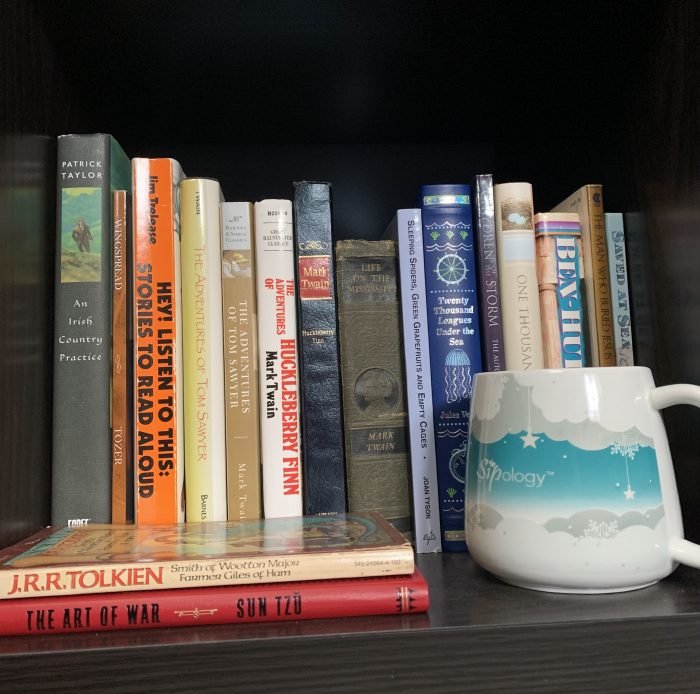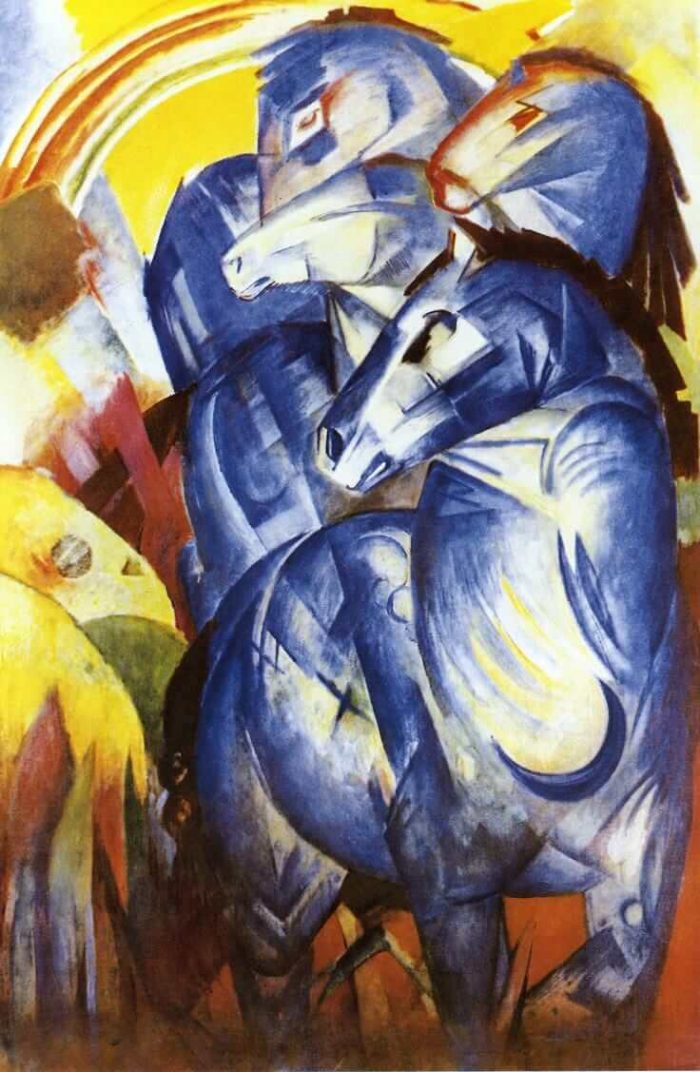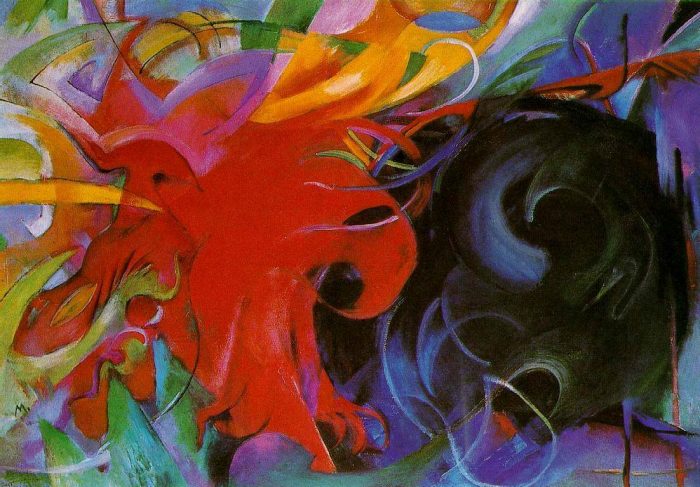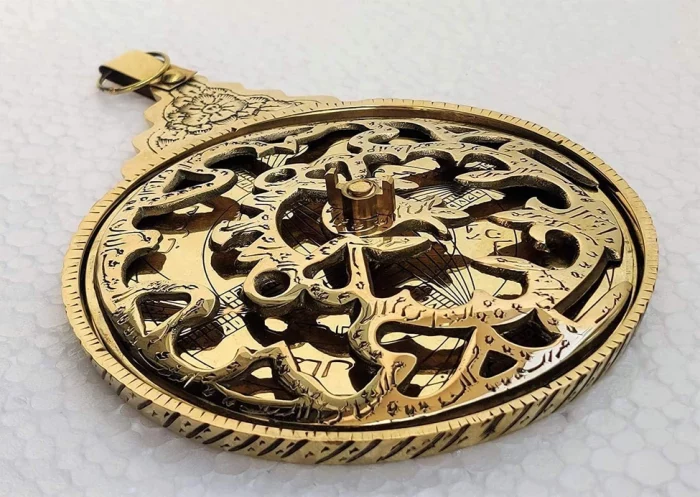1.
"Hello, wren" is the first thing I say. "Where did you come from appearing so sudden and cheerful in the privet? Which, by the way, has decided to decorate itself in so many white blossoms."
2.
Paulus is coming to visit! Paulus the dancer, the potter. Who is just beginning his eightieth decade, who walks without shoes in the woods because his feet, he says, ask to be in touch with the earth. Paulus who when he says my poems sometimes changes them a little, according to the occasion or his own feelings. Okay, I say.
3.
Stay young, always, in the theater of your mind.
4.
Bless the notebook that I always carry in my pocket. And the pen. Bless the words with which I try to say what I see, think, or feel. With gratitude for the grace of the earth. The expected and the exception, both. For all the hours I have been given to be in this world.
5.
The multiplicity of forms! The hummingbird, the fox, the raven, the sparrow hawk, the otter, the dragonfly, the water lily! And on and on. It must be a great disappointment to God if we are not dazzled at least ten times a day.
6.
Slowly the morning climbs toward the day. As for the poem, not this poem but any poem, do you feel its sting? Do you feel its hope, its entrance to a community? Do you feel its hand in your hand?
7.
But perhaps you're still sleeping. I could wake you with a touch or a kiss. But so could I shake the petals from the wild rose which blossoms so silently and perfectly, and I do not.
("Good Morning", Mary Oliver, in Blue Horses, 2014)



